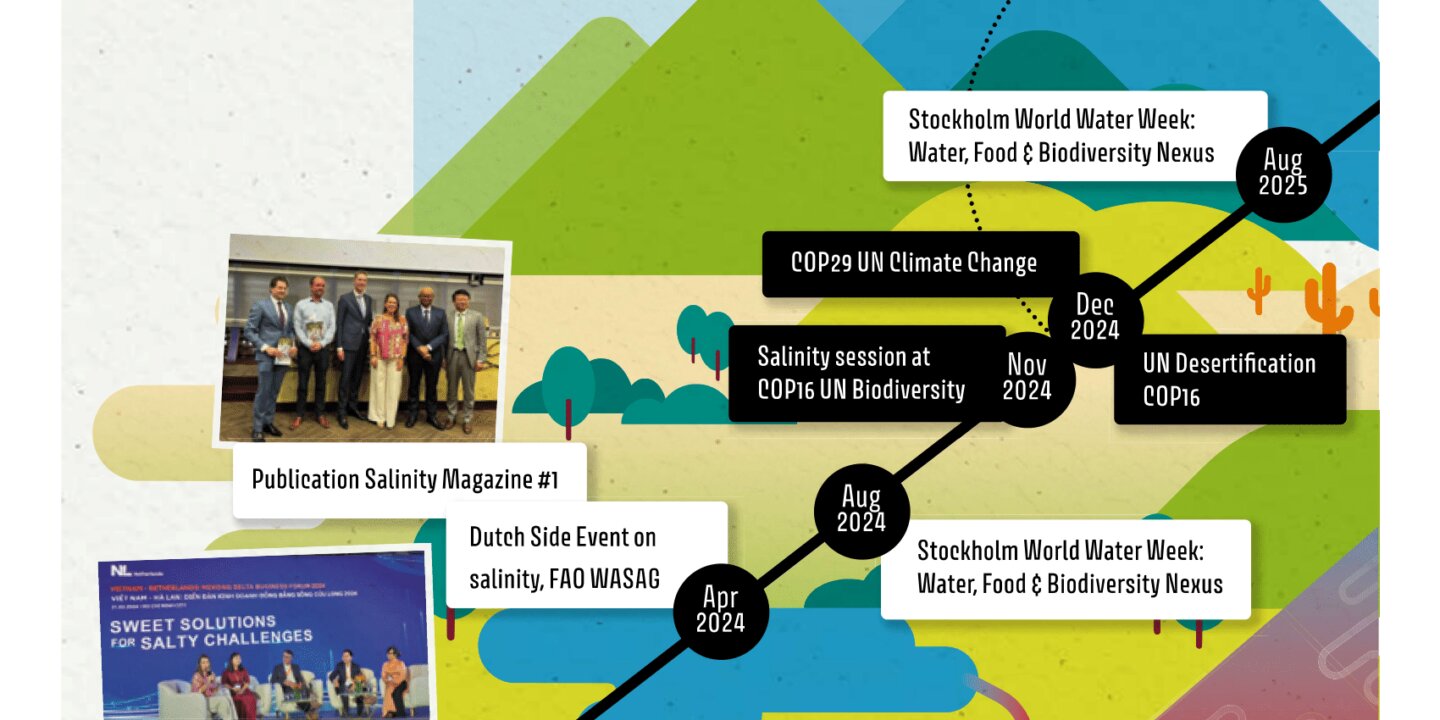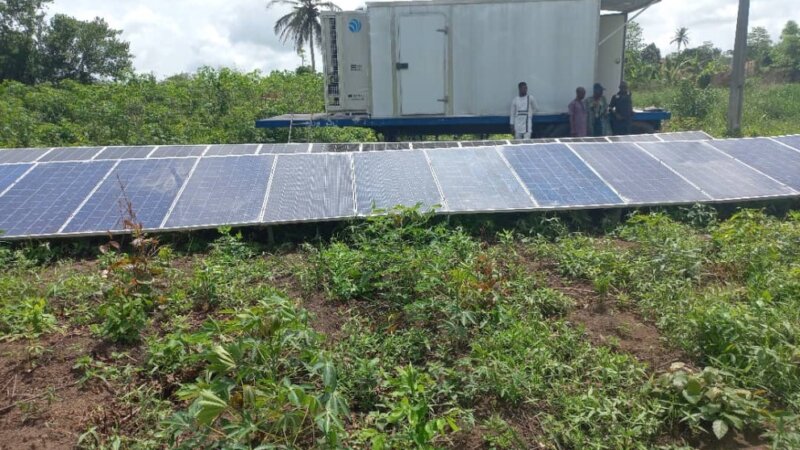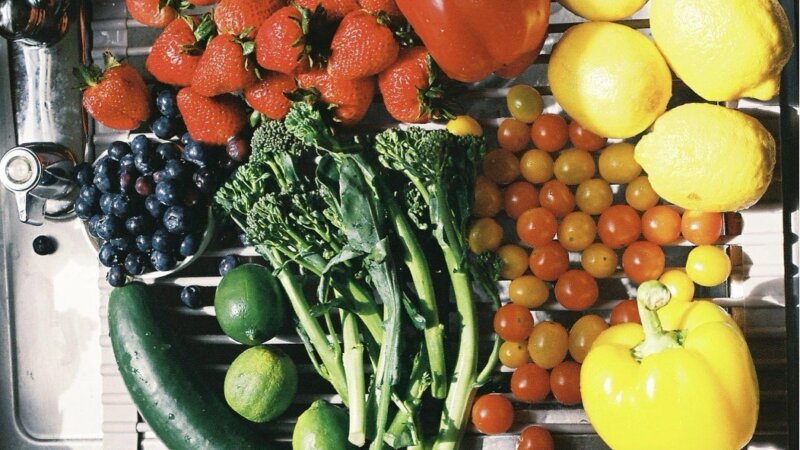Get to know the international partners of the Saline Water & Food Systems partnership

The Saline Water & Food Systems partnership has been launched to unite Dutch organizations with expertise in addressing salinity (ranging from prevention, mitigation and adaptation expertise) as well as project implementation experiences. The SWFS partnership aims for the development of collective projects, programmes and transnational partnerships to address salinity challenges. In this article we highlight a number of institutions, networks and expertise centers, who are working on this topic on a global level.
INSAS: International Network of Salt‑Affected Soils
The International Network of Salt‑Affected Soils is coordinated from FAO’s Global Soil Partnership. The Global Status of Salt‑Affected Soils report is its flagship publication. According to this report, 1.381 billion hectares (10.7 % of global land) are already salt-affected, with a further 1 billion hectares at risk due to climate change and human mismanagement. INSAS underscores the need for updated data, harmonized salinity measurements, and sustainable management practices, with enhanced training and policy frameworks. Key recommendations include scaling sustainable practices, investing in salt-tolerant crop markets, improving data collection and water quality monitoring, conserving ecosystems, and fostering cross-sector collaboration. Such integrated efforts aim to boost food production and resilience in affected regions while protecting vital ecosystems.
More information: link

IWMI: the International Water Management Institute
Over-exploitation of groundwater in many parts of the world is causing groundwater salinity and hampering its utilization. IWMI, mainly in the global south, has been engaged, building capacity of the public, private sector partners and developing climate resilient innovative solutions for safe use of marginal quality groundwater in multiple sectors. IWMI maintains an extensive online repository of published in this area. Presently, IWMI is piloting nature based solutions to mitigate groundwater salinity challenges in the WRAP program in Pakistan, the SoLAR project in South Asia, and the Wiqaya and Al Murunah projects in the Middle East.
IWMI is one of the CGIAR Research Centers. CGIAR, a global research partnership for a food and water secure future, aims to use new knowledge and innovation to spearhead and accelerate a ‘food, land and water systems revolution in a climate crisis’ to meet the SDGs. IWMI has a 40-year track record of rigorous, solutions-oriented water management research in the Global South. The institute, located in Colombo, Sri Lanka, has growing portfolio on salinity research with geographic focus on Asia and Africa.
More information: link
Direct link to IWMI's online repository: link

ICARDA: International Center for Agricultural Research in the Dry Areas
ICARDA is a premier CGIAR center specializing in non-tropical dryland agriculture that for over four decades has undertaken research-for-development to provide innovative, science-based agricultural solutions that improve the livelihoods resilience of rural dryland communities. They work on building farmers’ resilience to climate change-related water risks through crops and varieties that require little water, and that can withstand climatic stresses of heat, drought, and soil salinity, improve irrigation methods, and systems using modern irrigation techniques.
More information: link

The Global Framework on Water Scarcity in Agriculture
The Global Framework on Water Scarcity in Agriculture (WASAG) is a partnership hosted by FAO and which was established in April 2017 when partners adopted the Rome Statement. It consists of more than 70 partners committed to identifying priority actions for the adoption and scaling up of successful responses to increasing water scarcity and climate change threats to agricultural production. One of the six WASAG working groups focuses on saline agriculture; it develops, promotes and disseminates practical solutions for sustainable food production, as a response to increasing salinity affecting water and soils.
More information: link

New partners to be added soon
Authors

Babette Bodlaender





